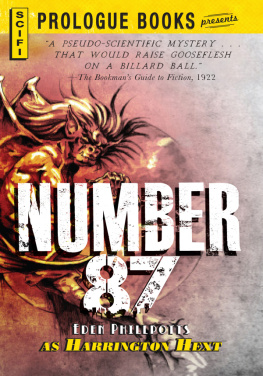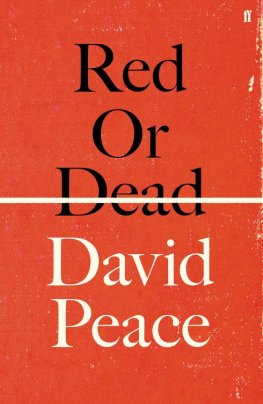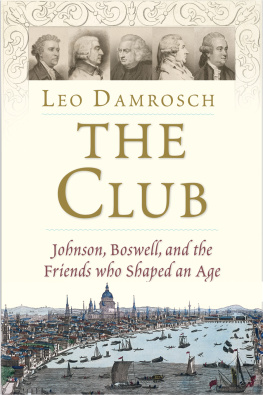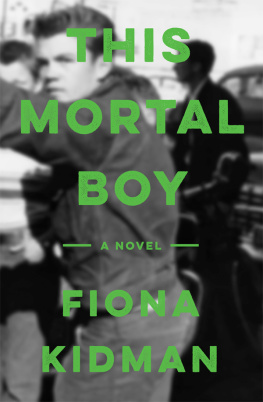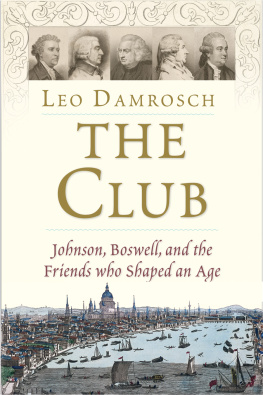INTRODUCTION
T HE series of international events here to be chronicled in connection with that astounding apparition, known in the United Kingdom and the United States of America as the Bat, while challenging and wakening the terror of the civilized world, yet possessed for one little, commonplace community a unique significance. That company was represented by the Club of Friends, and for this reason it is necessary that a glimpse of the club should open the narrative.
Fate, which is only another name for human temperament writ large, decreed that a figure second to none, even as it stands, in the history of civilization should never attain to its true dimensions, or win that acclaim its achievement deserved. Instead, human limitations leavened the lump of genius and he, who might have been one of the worlds supreme figures, remains for ever beneath the stature of lesser men than himself.
Temperament ruined all, and the following record not only chronicles a series of events contrary to human experience and unparalleled in human story, but relates, between the lines, a tragedy comparable to the Greek in its tremendous and solemn proportions. For once again Prometheus set foot upon earth in the likeness of a man, and once again a jealous fate tormented the Lightbringer and confounded his magnificent contribution to the worlds hope of happiness. But no Zeus came between the hero of this awful narrative and his gift to humanity. A darker and subtler destiny was his: to be denied the fruit of his own lifelong devotion by inherent qualities of mind; and to be chained for ever on the arid precipice of the worlds hatred in gyves forged by himself.
Such confusion of attributes, such greatness and littleness within a single heart, cost civilization a treasure beyond human power to estimate, or indeed conceive. Providence, with one hand, offered the children of men such a boon and bounty as life has not known; and with the other drew it back again. Nor shall Providence be blamed when the tremendous tale is told and its implications perceived.
E. G.
CONTENTS
CHAPTER I
THE DEATH OF ALEXANDER SKEAT
T HE Club of Friends was an organism purely social. We met after the work of the day for relaxation and amusement; but certain rules and reservations served always to limit membership, and I think that at no time did we ever number more than five and twenty members. Yet the institution had attained a respectable age, and while most of the rising generation preferred conditions more entertaining and diversified, there never lacked men to enlist in the Club of Friends. When Chislehurst first became a popular suburb of London, a few early, private residents planned the community; and though they were now all gone, others had succeeded them.
I, for example, followed my father, and my friend, Leon Jacobs, had succeeded old Isidore Jacobs, the founder of the club.
We met in the evening and enjoyed conversation on all subjects of human interest; while, as an innovation, at the proposal of Bishop Blore, the present doyen of the club, we started a winter session of short lectures and invited eminent publicists to visit us, accept our hospitality and afterwards entertain us with brief addresses, or air their social opinions, followed by discussion. But the experiment was short-lived. Few eminent men cared to be troubled, or could spare the time; while those minor celebrities who did accept our invitation, dine with us at their convenience, and afterwards propound their theories for human advancement, proved too biased, too possessed with the paramount importance of their own convictions on art, politics and economics, to attract unprejudiced listeners.
The last who came was a man of European reputation, and the tragedy and mystery that surrounded the end of Alexander Skeat followed within a week of his visit. His death created a deep impression in our little circle, and it seemed hard to believe that this famous figure, so full of vitality and the electric energy of genius, should, at the height of his fame, have vanished into the unknown without explanation.
At the close of our evening with Mr. Skeat an evening marked by vigorous setting forth of irreconcilable doctrines Jacobs and I had attended him to the railway station through the darkness of a winter night.
The great man warned us against sensuality and all indulgence, against indifference, coldness of heart, overmuch curiosity and every form of materialism and greed. He spoke of the iniquities of the middle class and prophesied their well deserved extinction. He then turned upon one Paul Strossmayer, our latest and none too popular guest member, whose views he had furiously opposed. He swore that Strossmayer was a deep knave and in every respect an undesirable alien.
I read faces as lesser men read books, he said, and I read in this Jugo-Slav, or Serb, or Czecho-Slovake, or whatever he calls himself, a dangerous and anti-human impulse. Be warned and deny him your hospitality or friendship. Under that astute and suave exterior there hides a crafty, calculating, godless rascal with a heart of flint.
Skeat was soon gone and I must confess we breathed the easier for his departure. Returning to the club, we found opinion rather set against him and his fiery exegesis; for such is the British instinct, that his onslaught on Strossmayer inclined even those who did not like the new member to take his side.
A week later the murder of Alexander Skeat startled Europe and America.
I transcribe an account published in The Times on the morning after the tragedy.
We regret to report the death of Mr. Alexander Skeat under extraordinary circumstances. As yet no light has been thrown upon his sudden end, but there can be little doubt that the famous author lost his life at the hand of an assassin, though the manner of the murder and the person of the murderer are as yet unknown.
Returning last night from a lecture at the Eccentric Club, near the hour of midnight, Mr. Skeat was crossing St. Jamess Park, when death overtook him.
A policeman, standing at the time on the suspension bridge that crosses the ornamental waters, heard a single, loud cry from the path that approaches the bridge easterly, and hastening to the spot he found a man lying upon his face on the grass at the path side. Close at hand, though but dimly visible, for the night was foggy, P.C. B declares that he saw a large and living animal, such as he had never seen before. He attempts no exact description of this creature, but has sworn that he distinguished a black, humped object, as large as a horse with a very long neck and a narrow head above which were set tall ears. Its eyes shone like a cats as he turned his lantern upon it, and it appeared to hesitate as he advanced a short distance towards it. He then blew his whistle, and the thing, evidently alarmed, hopped twice, then spread black wings, ascended swiftly into the air and disappeared. The constable likens the creature to a huge bird, and though four other officers, who ran to answer his summons, saw nothing of this alleged rara avis, in one particular they corroborate a detail reported by John Syme (P.C. B 49) . All were conscious of an overpowering taint and reek in the air an animal smell. Herbert Adams a constable from the country described it as though he had run into a dozen foxes. Subsequent examination, however, revealed no trace of any disturbance to turf or soil; but the area where Mr. Alexander Skeat perished has been railed off and guarded for more careful investigation today.

